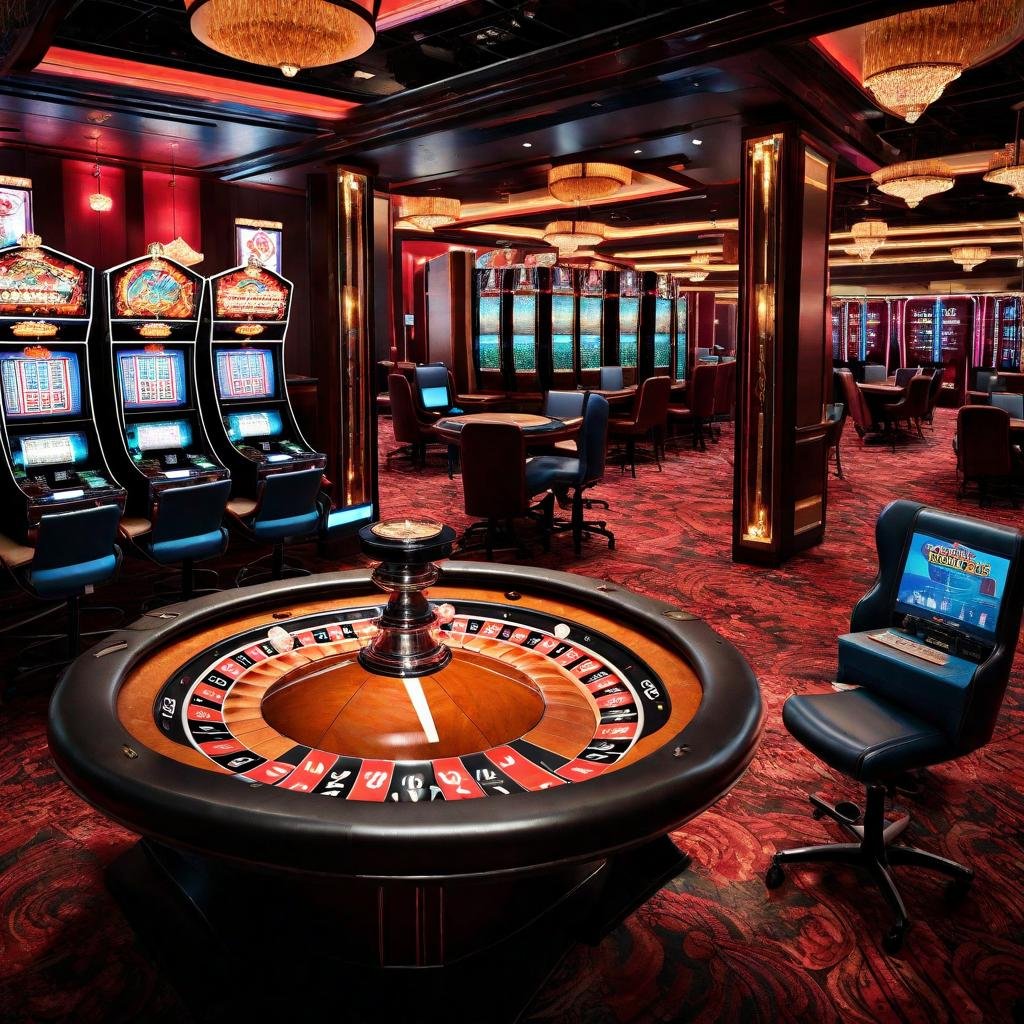
In the world of gambling, where chance and strategy converge, a unique tapestry of beliefs emerges—one that intertwines luck, fate, and the enigmatic nature of casino games. Casinos, bustling with excitement and anticipation, are not just venues for placing bets; they are also arenas in which superstitions thrive. From the novice player to the seasoned gambler, these mysterious practices often shape how individuals approach the games they play, believing that their actions can impact the outcome in ways that go beyond mere probability.
As players gather around roulette wheels, blackjack tables, and slot machines, the atmosphere is thick with stories of lucky charms, rituals, and codified behavior that defy logic yet provide a sense of comfort. Whether it’s wearing a specific outfit, following a particular sequence of bets, or even avoiding certain numbers, the attachment to various superstitions reflects a deep-rooted desire to manipulate the uncontrollable. This article delves into the captivating world of casino game superstitions, investigating the beliefs that simultaneously entertain and mystify those who dare to play.
Historical Roots of Superstitions
Betting activities have long been connected with an host of superstitions that go back to primitive societies. The origins of these notions can be associated to humanity’s intrinsic need to control the random outcomes related with fortune and chance. In early civilizations, games of chance were often linked to religious practices. Gamblers would seek favor or seek favor from gods, believing that their actions could influence the odds in their advantage. This groundwork laid the foundation for the multitude of superstitions that developed as betting evolved over centuries.
During the medieval age, gambling became a widespread pastime across Europe, and with it, a diverse tapestry of superstitions emerged. https://ga179.cash/ Participants adopted numerous rituals and charms, believing they could change the results of games. The significance of digits, in particular, started to manifest in superstitions around card games and dice. The number 7 was often considered lucky, while various numbers carried negative connotations. These notions mirrored the cultural contexts of the time, evolving as they moved through generations and transformed to different gaming environments.
As casinos developed in the 17th century, particularly in the Italian peninsula and France, the atmosphere surrounding gambling became imbued in mystique. The growing openness of gambling activities allowed for the spread and diversification of superstitions among players. Concepts like fortunate charms, designated seating positions, and rituals gained prominence, creating a unique culture within casinos. As these practices continued to thrive, they became fundamental to the identity of gambling activities, illustrating how history and tradition shape the convictions that influence how players engage with chance.
Popular Gambling Superstitions
Superstitions surrounding casino games are plentiful and diverse, mirroring the dreams and anxieties of players as they participate in random activities. One of the most common views is that certain numbers bring fortune or bad luck. For example, the digit seven is often seen as a favorable number, frequently sought after by gamblers looking for a positive outcome. Conversely, the digit 13 is routinely considered cursed, leading many players to steer clear of it during their gaming sessions.
A frequent belief relates to rituals that gamblers believe can influence their odds. It could be blowing gently on the dice before a roll, using a specific hand to place a bet, or even putting on specific items of clothing, many individuals feel that these rituals can tilt fate in their benefit. These practices offer a sense of power in an otherwise unpredictable environment, strengthening the idea that luck can be manufactured through individual beliefs and habits.
Lastly, the environment and atmosphere of the gambling house itself contributes to superstition. Many players suggest that the presence of certain symbols, such as four-leaved clovers or fortunate tokens, can enhance their odds of winning. Additionally, players might adhere to the notion that victory streaks can be halted by mundane occurrences, such as someone walking past or a spill at the gaming surface. The collective atmosphere in a gambling house can amplify these beliefs, creating a communal culture of superstitions that transcends single experiences.
Impact of Superstitions on Players
Beliefs play a important role in the mindset of casino players, often affecting their behavior and choices. Many gamblers believe that fortune can be manipulated through various rituals, such as donning a talisman, selecting specific colors, or avoiding certain numbers. This reliance on superstitions can create a sense of authority in an environment that is inherently unpredictable. Players frequently feel more self-assured and engaged when they believe that their actions could sway the outcome of a game in their favor.
The impact of these superstitions extends beyond singular players, affecting the general atmosphere inside the casino. For instance, a player who believes in the luck of a particular slot machine might attract a gathering, as onlookers are fascinated by their apparent success. This shared belief can heighten excitement and create a dynamic environment, leading to an captivating experience even for those who may not necessarily be believers themselves. The excitement around specific games can lead to increased participation and longer playing sessions, supporting the casino’s lively social scene.
In some instances, superstitions can lead to harmful effects for players. Depending too much on rituals can result in poor gambling decisions, as some may overlook basic strategies in favor of baseless beliefs. Additionally, the stress to perform rituals may increase anxiety and tension, diminishing from the enjoyment of the experience. Ultimately, while superstitions can enhance the excitement of playing casino games, they can also lead to unwise choices that overshadow the fun and amusement intended in the casino experience.
